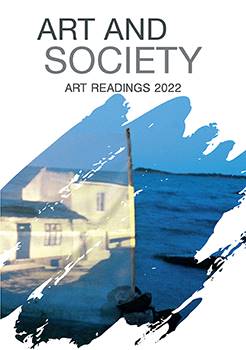The influence of the Bulgarian National Television on the Romanian public in 1980s
Влиянието на Българската национална телевизия върху румънската общественост през 80-те години на XX век
Author(s): Marian ȚuțuiSubject(s): Fine Arts / Performing Arts, Film / Cinema / Cinematography
Published by: Институт за изследване на изкуствата, Българска академия на науките
Keywords: transnational television; Nicolae Ceaușescu’s regime; TV audience; free access to audiovisual information; neighbouring countries
Summary/Abstract: In the early 1980s, Nicolae Ceaușescu imposed a policy of huge savings to eliminate Romania’s indebtedness to major international financial institutions. As a result, even the first program on the National television was cut short, and the second was stopped in 1985. The advent of video devices (VHS) has somewhat offset the lack of entertainment and information for Romanians, but most of them started making by themselves or buying antennas to pick up TV signals from the neighbouring countries (USSR, Hungary, Yugoslavia and Bulgaria). Many Romanian children watched short cartoons from the Bulgarian broadcast Leka nosht detsa! and memorized the lyrics to the song I am Suncho by Petar Stupel. Not crossing the border Romanian audience could watch Danube Routes, Saturday’s movie column Studio X, with its criminal movies and series, as well as The Tenth Muse, presented by Alexander Grozev. It was a matter of considerable cultural impact that such important films from universal cinema as The Road (1982, by Yilmaz Güney), My Sweet Little Village (1985, by Jiří Menzel) or Lola (1981, by Rainer Werner Fassbinder) could be seen in Romania.
Journal: Изкуствоведски четения
- Issue Year: 2022
- Issue No: 2
- Page Range: 357-363
- Page Count: 7
- Language: English
- Content File-PDF

